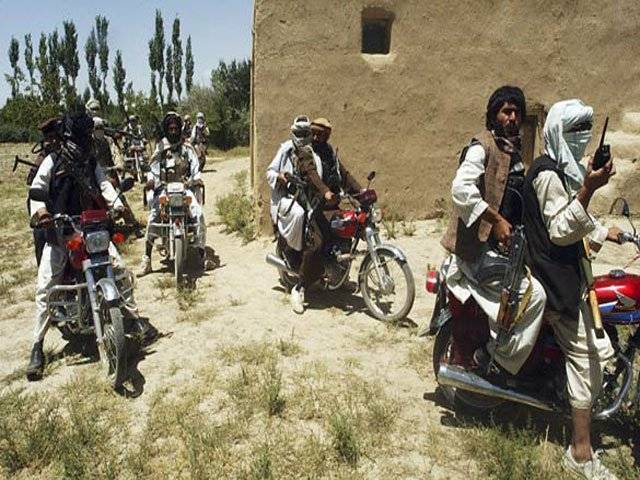Two of the Talibans most senior military commanders are involved in a bitter power struggle, which insiders claim has split the insurgents leadership council and could turn violent in parts of southern Afghanistan. The commanders are vying for military control of the insurgency, district elders and mid-level Taliban commanders have told the foreign media. Mullah Abdul Qayyum Zakir and Mullah Akhtar Mohammad Mansoor were both named as the successors to Mullah Abdul Ghani Baradar, the Talibans second in command, who was arrested in Pakistan in February. Mullah Zakir, according to reports at the time, was given responsibility for military operations, while his rival was put in charge of logistics. District elders in Helmand said that Mullah Mansoor was disappointed not to get his former leaders operational role, referred to as the Talibans defence minister. When Mullah Baradar was arrested, Mullah Mansoor thought he would be his replacement, the elder with links to the insurgency said. When Zakir was introduced as the defence minister, [Mansoor] was disappointed. Tensions are reportedly highest in central Helmand, where British troops are based and where fighters loyal to both men massed before Operation Moshtarak, the US, British and Afghan offensive to clear the insurgents out. Fighters loyal to Mullah Baradar have been forced to take sides, after his arrest in Karachi. Haji Sar Mualem, the deputy head of the Marjah community shura, said that relatives told him about the tensions. There are problems between Zakir and Mansoor, he said. Each of them says 'I am the commander in Helmand . Both men have supporters in Helmand, but sources said that Mullah Mansoor was trying to flood the province with fighters from his own tribe to wrest control from his rival. He sent his soldiers to every district, one said. There wasnt any fighting but it created tension. Mullah Mansoor served as the Talibans Minister of Civil Aviation and Transportation from 1996 to 2001. He has been linked to the narcotics trade in provinces bordering Pakistan according to Interpol, and in 2007 he was made shadow governor in Kandahar. Mullah Zakir is a former detainee at the American detention facility at Guantnamo Bay in Cuba who was released in December 2007. He quickly rejoined the insurgency. Mullah Mansoor reportedly asked the Talibans leadership council for military control of Helmand after Baradar was detained. Mullah Zakir and his supporters refused. He [Zakir] said, 'Im the defence minister. I control all of Afghanistan, we should work together, the elder said. Now theres a big division, he added. Some of the members went to Zakirs side. Some of the members went to Mansoors side. It wasnt clear last night if either man was in Helmand, or in hiding elsewhere. A spokesman for Daoud Ahmadi, Helmands Governor, said that he was unaware of the rift. Zabiullah Mujahed, the Taliban spokesman, meanwhile insisted that it wasnt true. Mullah Zakir is the defence minister, he said. He is Mullah Baradars replacement. The Taliban dont have time to fight each other, they are too busy fighting their enemies. Taliban commanders reached by telephone told a different story. Haji Mullah Ibrahim, who said that he was in central Helmand, insisted that Mullah Mansoor was his defence minister. He said that the tensions were nothing more than everyday friction between commander and deputy. A spokesman for British Forces in Helmand refused to comment directly on the rift, insisting that their attention was focused on the population, the Government and the Afghan security forces not on the Taliban. (The Times)
Thursday, April 18, 2024
Taliban rift ignites power struggle over who controls the insurgency: report

ITP cracks down on traffic violations
April 18, 2024
Illegal housing societies in Rawalpindi to face crackdown
April 18, 2024
SZABIST traffic volunteers visit Safe City Islamabad
April 18, 2024
Hepatitis Challenge
April 18, 2024
IMF Predictions
April 18, 2024
Wheat War
April 18, 2024
Rail Revival
April 17, 2024
Addressing Climate Change
April 17, 2024
Justice denied
April 18, 2024
AI dilemmas unveiled
April 18, 2024
Tax tangle
April 18, 2024
Workforce inequality
April 17, 2024
New partnerships
April 17, 2024
ePaper - Nawaiwaqt
Advertisement
Nawaiwaqt Group | Copyright © 2024





